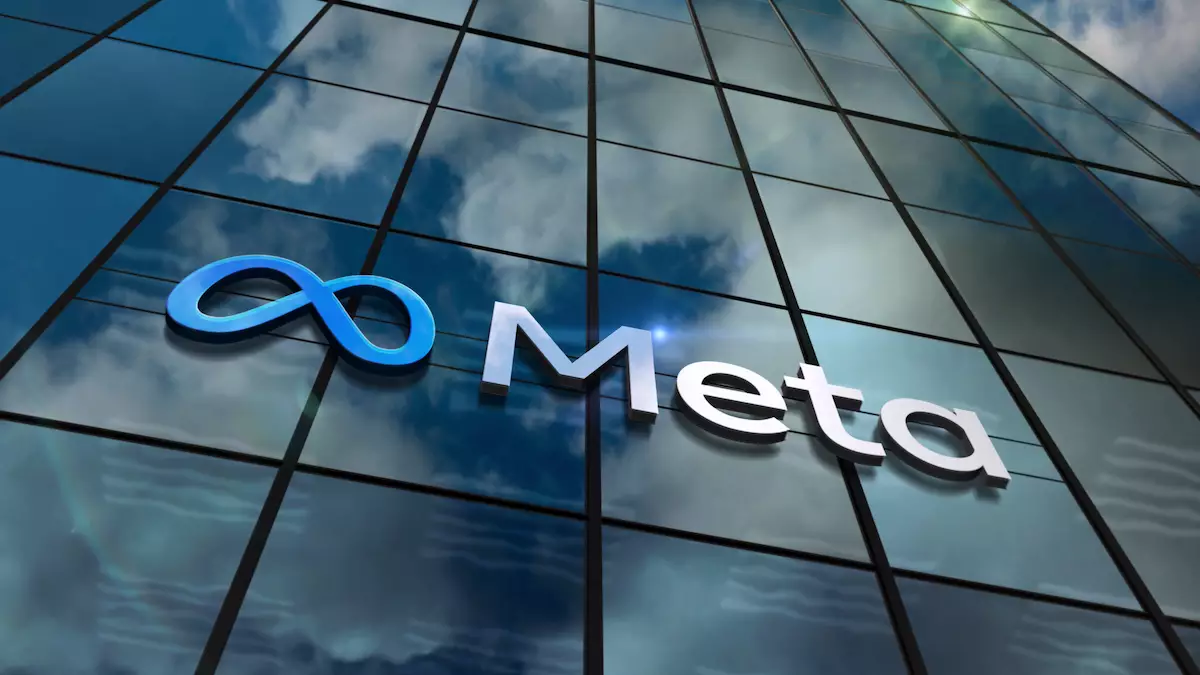Meta has recently announced its plans to expand its Meta Quest ecosystem by allowing third-party manufacturers, such as Xbox and Lenovo, to use the Meta Horizon OS operating system in their devices. This move is expected to revolutionize the metaverse and make mixed-reality technologies more accessible to a wider audience.
Meta has been investing in mixed reality technologies for over a decade, and this partnership with global technology leaders is a strategic move to bring this experience to a larger audience. By leveraging the advanced capabilities of the Meta Horizon OS, third-party hardware manufacturers can now create a new wave of mixed-reality devices that build upon the foundation laid by Meta Quest headsets.
The Meta Horizon OS, specifically designed for Meta Quest headsets, offers a range of features aimed at providing users with a more intuitive and connected experience. From inside-out tracking to self-tracked controllers and various tracking systems for hand, eye, face, and body movements, the operating system pushes the boundaries of standalone headsets. Additionally, tools like high-resolution Passthrough, Scene Understanding, and Spatial Anchors help blend digital and physical worlds seamlessly.
Meta’s collaboration with industry leaders has led to the development of new devices based on the Meta Horizon OS. ASUS’s Republic of Gamers is focusing on creating a performance-oriented gaming headset, while Lenovo is leveraging its expertise to design mixed-reality devices for productivity, education, and entertainment purposes. Last year, Xbox and Meta introduced Xbox Cloud Gaming (Beta) to Meta Quest, allowing users to play Xbox games in a mixed reality environment. As a result, they are now working on a limited-edition Meta Quest inspired by Xbox.
With the Meta Horizon OS, developers have access to a comprehensive suite of tools to create immersive mixed-reality experiences. They can also tap into integrated content discovery and monetization platforms, such as the Meta Horizon Store, to reach a wider audience and expand their business opportunities. The social infrastructure of the Meta Horizon OS allows users to carry their identities, avatars, and social connections across virtual spaces, enabling developers to incorporate social features into their applications.
Meta’s decision to open up its operating system to third-party manufacturers marks a significant step towards expanding the metaverse and making mixed-reality technologies more accessible to a larger audience. Through strategic partnerships with industry leaders and the advanced capabilities of the Meta Horizon OS, the future of Meta Quest looks promising for developers and users alike.

